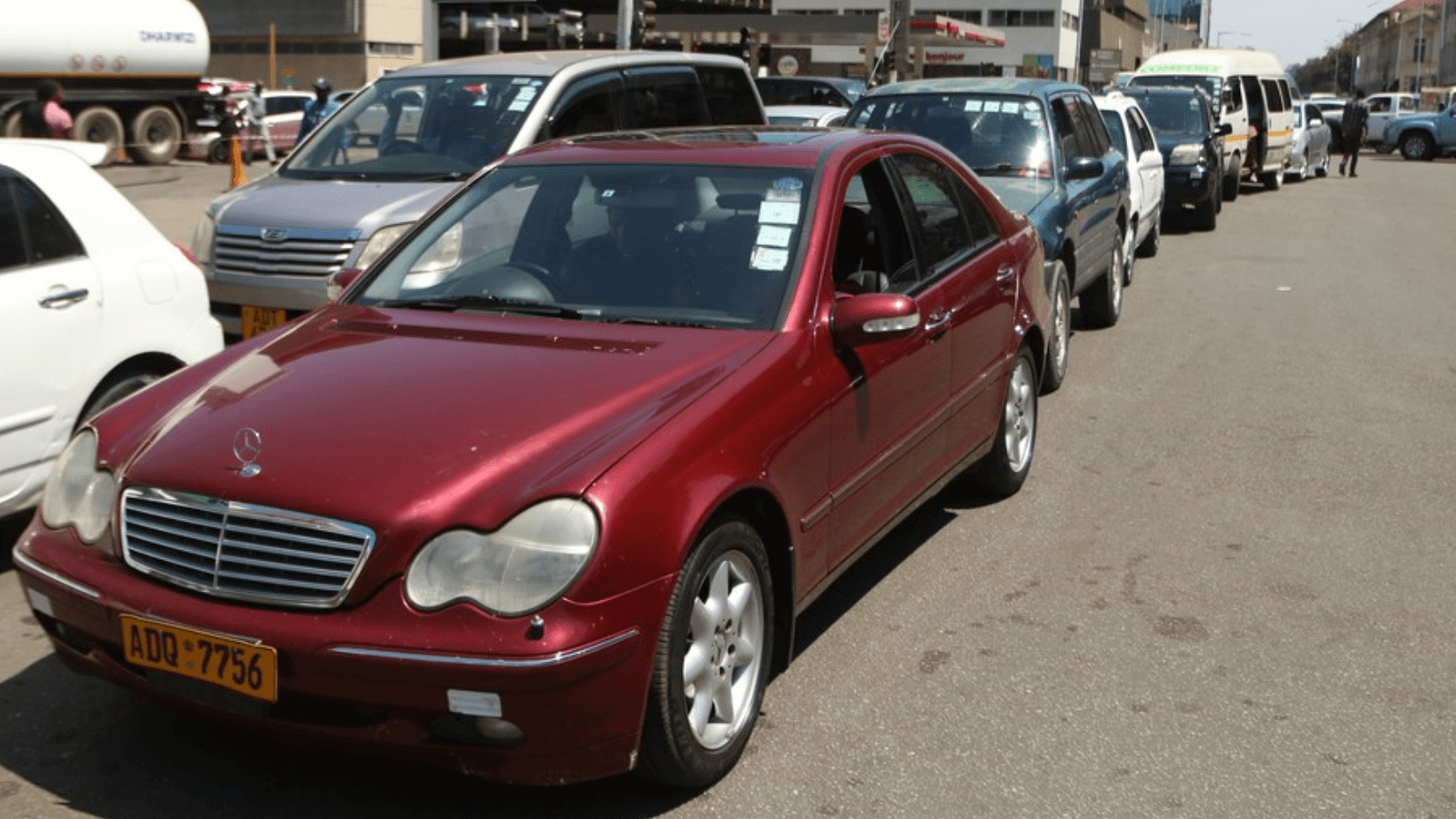
Zimbabwe’s Government impose Import License Fee on 10 Year-Old Second Hand Vehicles
Delivering the 2021 national budget last year, Finance Minister Mthuli Ncube imposed the ban on second-hand private use vehicles above 10 years from the date of manufacture.
He said about US$1.3 billion was spent on imported buses, light commercial and passenger motor vehicles from 2015 to September 2020 despite the existence of capacity by the local motor industry to assemble the specific range of motor vehicles.
Ncube said due to lack of effective standards and regulation, unroadworthy vehicles which, in some instances fail to meet environmental and safety standards, had easily found their way onto the market.
But in a major climb-down on the policy stance this week, the government instead imposed an import licence fee and kept its silence on the ban.
“It is hereby notified that the Minister of Industry and Commerce in terms of section 4 (1) of the Control of Goods Regulations, 1974, published in the Rhodesia Government Notice made the following regulations,” the notice said.
Second hand vehicles aged 10 years and above, from the date of manufacture at the time of importation shall require an Import License from the Ministry of Industry and Commerce.
Commercial vehicles (tractors, haulage trucks, earthmovers) were exempted from payment of the licence fees.
The new policy stance has given rise to speculation that the import license requirement came after careful considerations that Willowvale Mazda Motor Industries (WMMI) – the country’s sole nationally owned car assembler – no longer had capacity to quickly commence production.
WMMI stopped producing cars in 2012 when production plunged to below 4 000 from a peak of 18 000 vehicles per year in 1997.
Willowvale is 60% owned by Motec Holdings, which in turn is 75% controlled by the state-owned IDCZ and 25% by Itochu of Japan. Motec also owned motoring firms Amtec, Autologistic Services and Deven Engineering, while IDCZ has been disposing of its subsidiaries.

